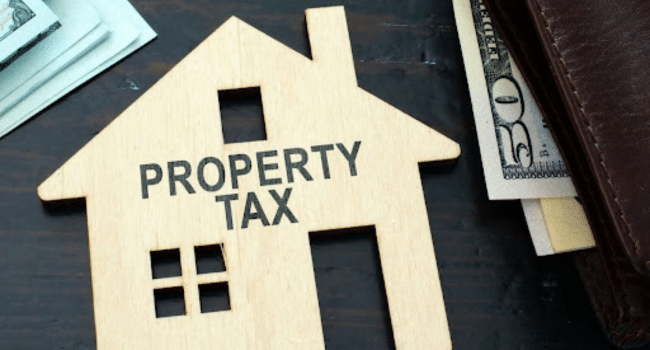Table of Contents
Property taxes are influenced by numerous factors beyond just the value of the property itself. Changes in local tax rates, assessments, improvements, and even shifts in neighborhood demographics can all play a role in determining property tax bills. Understanding these factors is crucial for homeowners to anticipate and manage potential increases in their property taxes.
This guide aims to shed light on the key considerations that can affect property tax bills, empowering homeowners to make informed decisions about their finances and property ownership. Additionally, homeowners should be aware that improvements like adding a concrete driveway may also impact property taxes.
Local Tax Rate Changes
Changes in local tax rates directly impact property tax bills, with adjustments made by governments to generate revenue or address budgetary requirements. Homeowners may witness increases or decreases in their property taxes as a result. It’s vital for homeowners to comprehend these changes to forecast and prepare for potential adjustments to their tax obligations effectively.
Property Assessment Updates
Property assessment updates assess properties’ values for taxation purposes, with assessors periodically reviewing and adjusting them as property values fluctuate. An increase in assessed value may lead to higher property taxes for homeowners, while a decrease could result in lower tax bills. It’s essential for homeowners to understand these assessments’ implications to anticipate potential changes in their property tax obligations accurately.
Home Improvements and Additions
Home improvements or additions to a home can affect property taxes by potentially increasing the property’s assessed value. Renovations, expansions, or upgrades that enhance the property’s worth may lead to higher tax assessments. Homeowners should carefully weigh the potential tax implications before embarking on significant home improvement projects to ensure they are prepared for any resulting changes in their property tax obligations.
Shifts in Neighborhood Demographics
Changes in neighborhood demographics can influence property tax rates. Shifts in population, income levels, or property values within a neighborhood may prompt adjustments to tax rates or assessments. These changes can affect property tax bills for homeowners living in areas experiencing demographic shifts.
Changes in School District Levies
School district levies, which fund local education initiatives, can affect property tax rates. When school districts levy taxes to support educational programs and facilities, homeowners may see increases in their property tax bills. Understanding the impact of school district levies is essential for homeowners, especially those with children attending local schools.
Economic Conditions and Market Trends
Economic conditions and market trends can influence property tax rates and assessments. During economic downturns or periods of real estate market fluctuations, local governments may adjust tax rates or reassess property values to generate revenue or maintain budgetary stability. Homeowners should stay informed about economic conditions and market trends that could impact their property tax obligations.
Understanding the various factors impacting property tax increases is essential for homeowners to anticipate and manage their tax obligations effectively. By staying informed about local tax policies, property assessments, and economic trends, homeowners can navigate potential tax increases with greater confidence and preparedness. Additionally, it’s important to consider how certain property improvements, such as adding a fence, may impact property taxes.
Read more on KulFiy
